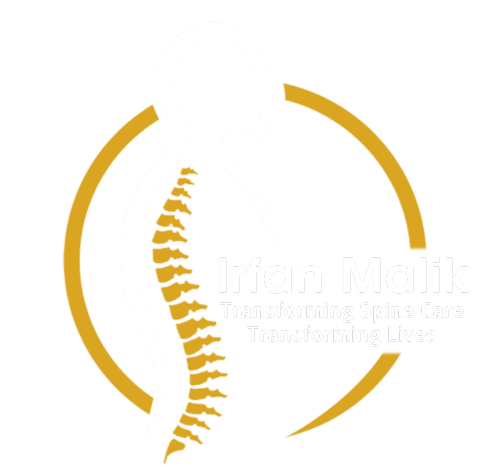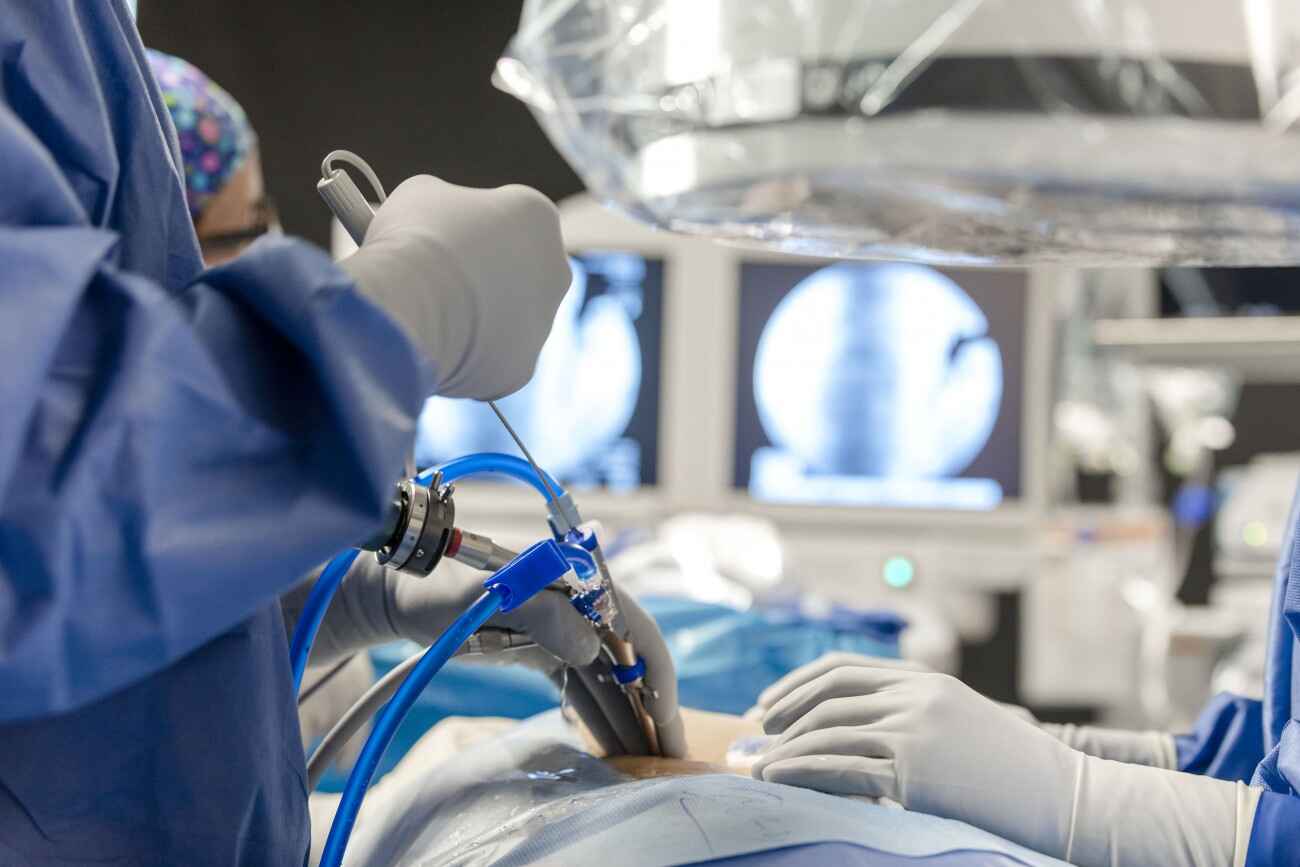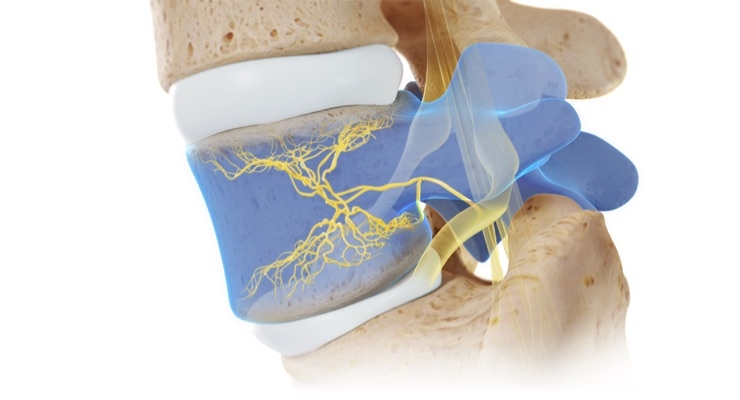Overview
Minimally Invasive Spinal Surgery (MISS) is an advanced surgical approach designed to treat various spinal conditions with less disruption to surrounding tissues compared to traditional open surgery. MISS involves smaller incisions, specialized instruments, and often, real-time imaging technology to provide patients with effective treatment options that reduce recovery time and minimize postoperative discomfort.
For patients seeking a less invasive approach to spinal surgery, expert spinal neurosurgeons like Mr. Irfan Malik offer specialized skills in minimally invasive techniques. MISS aims to restore function, alleviate pain, and improve patients’ quality of life while providing a quicker and smoother recovery process.









